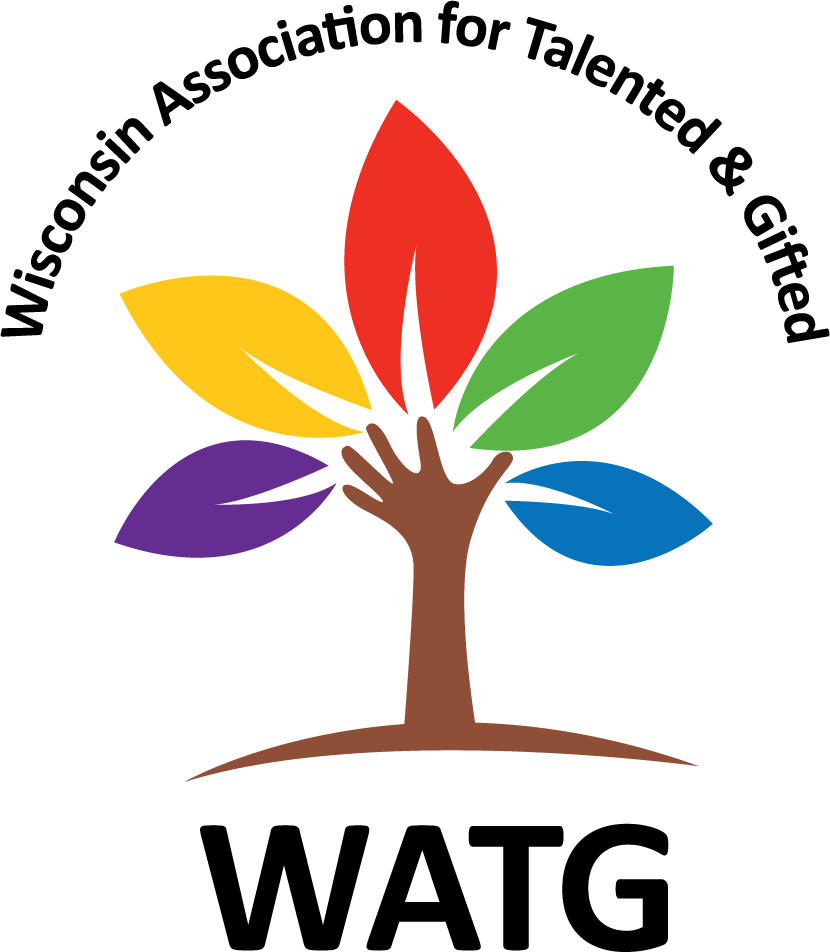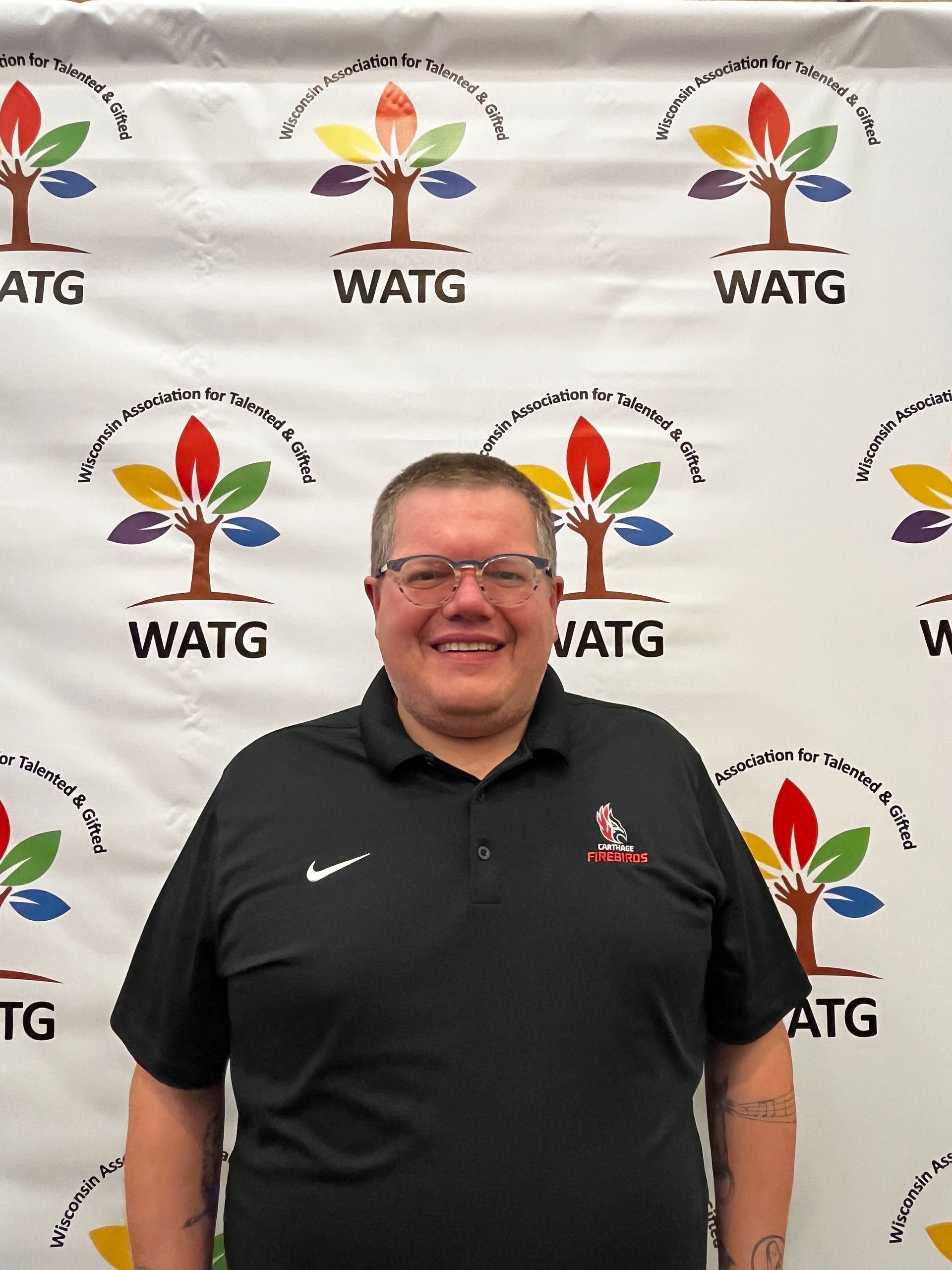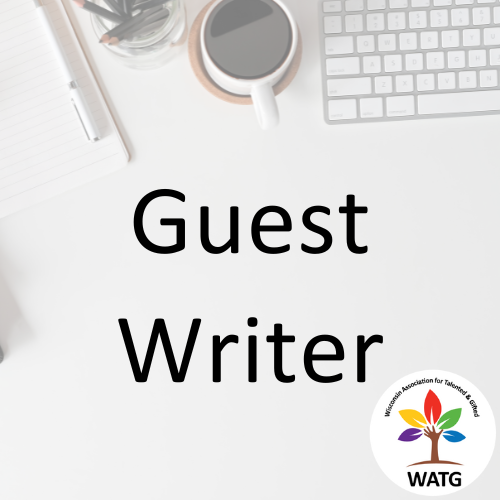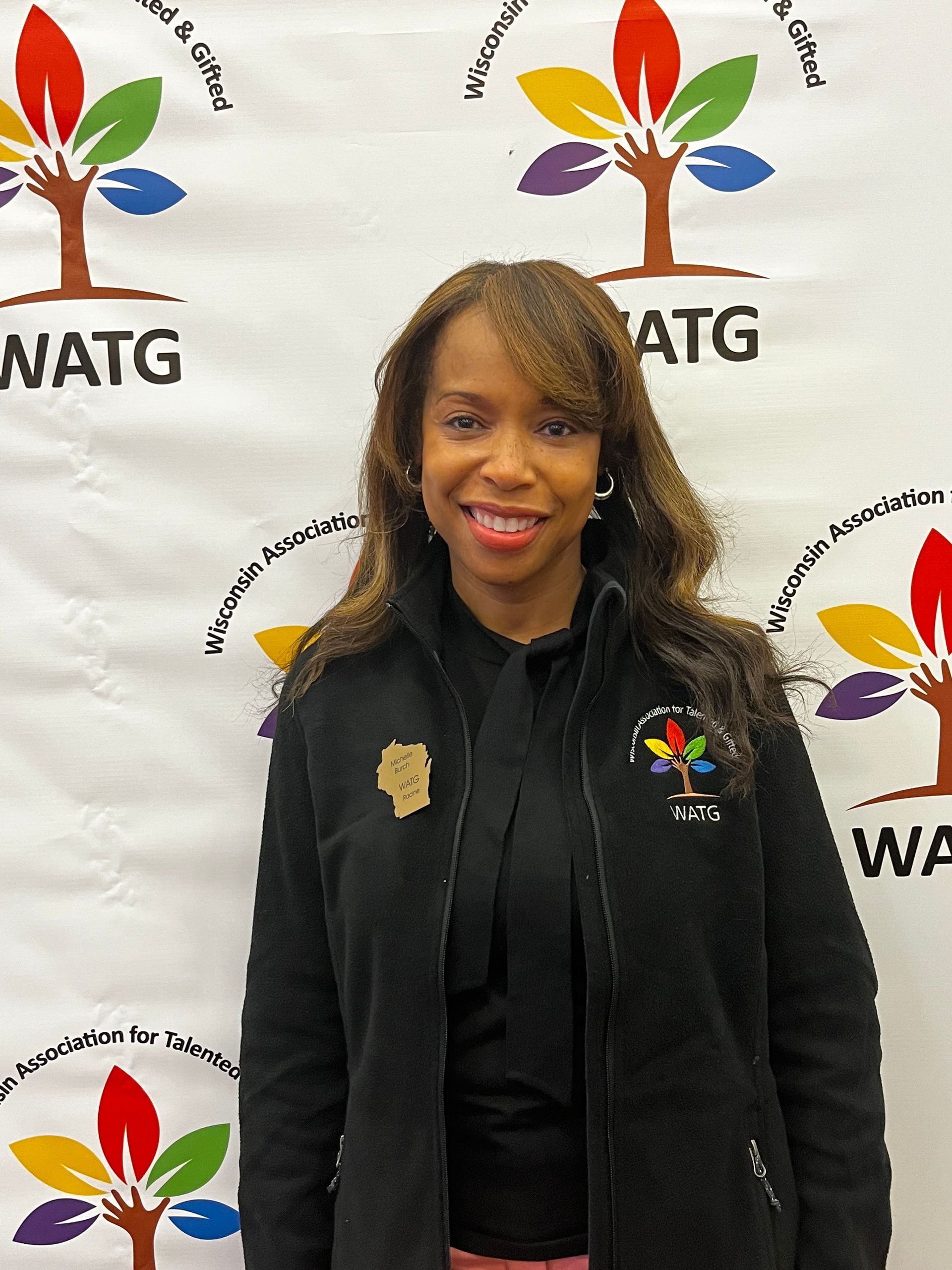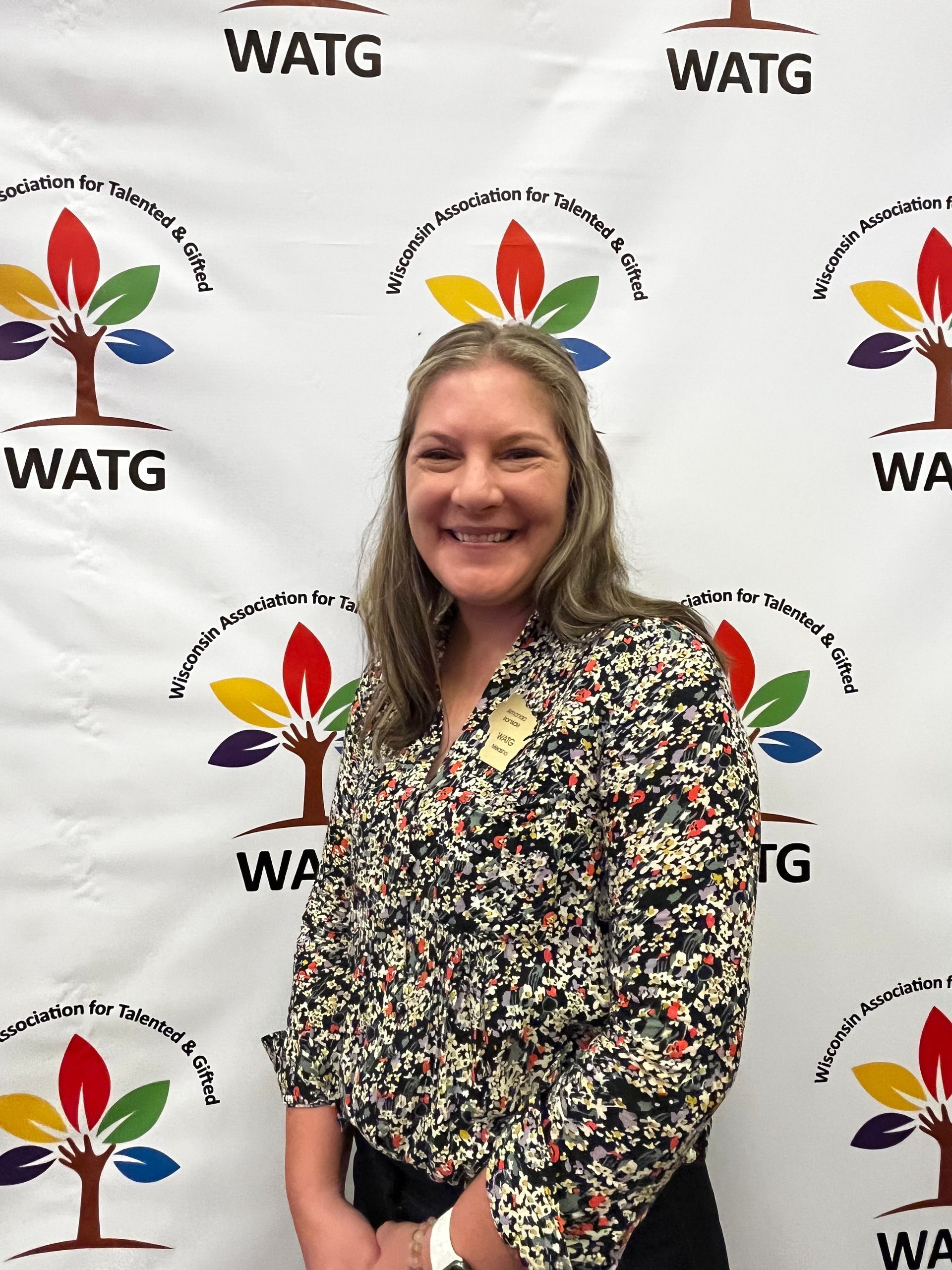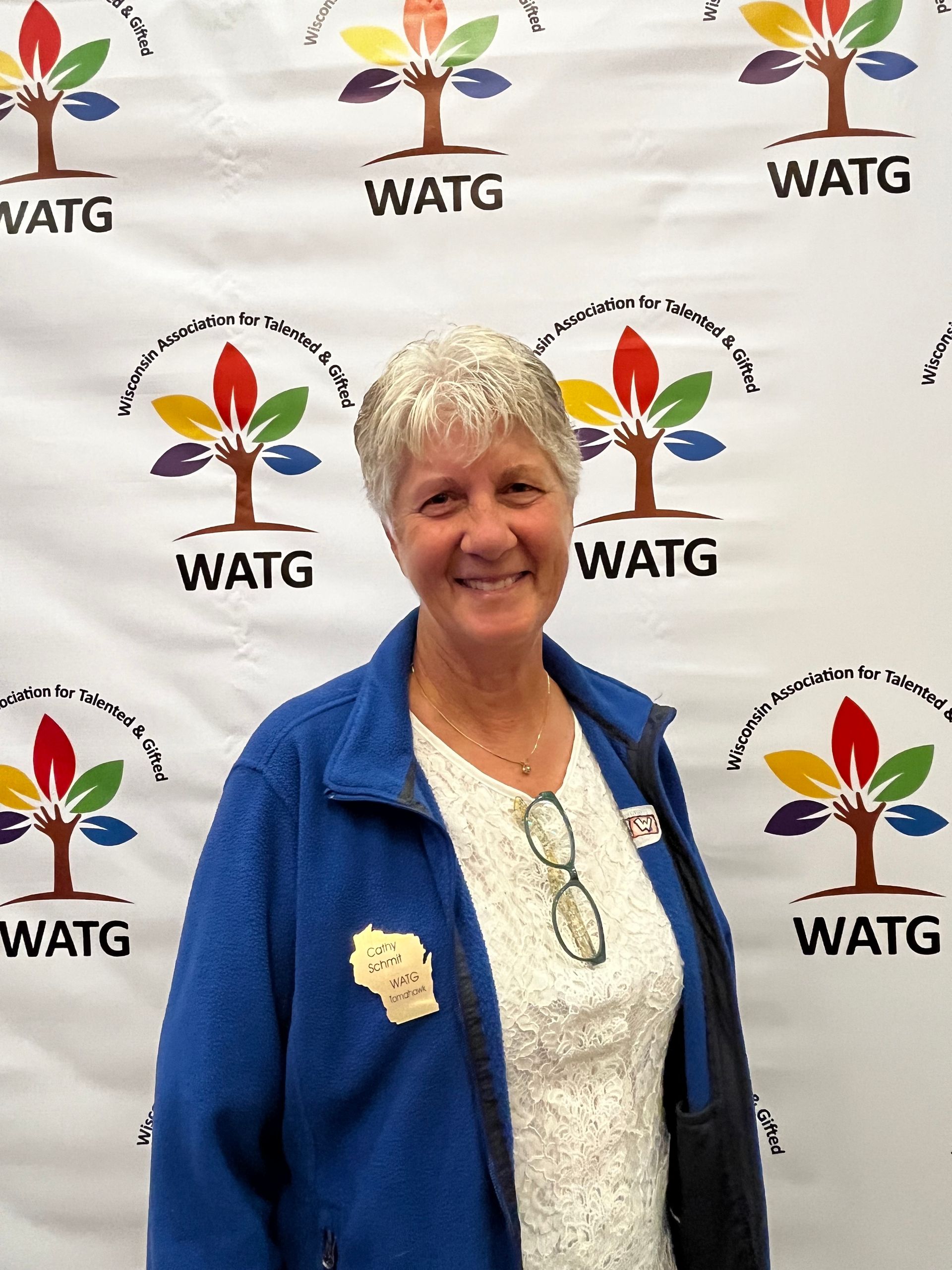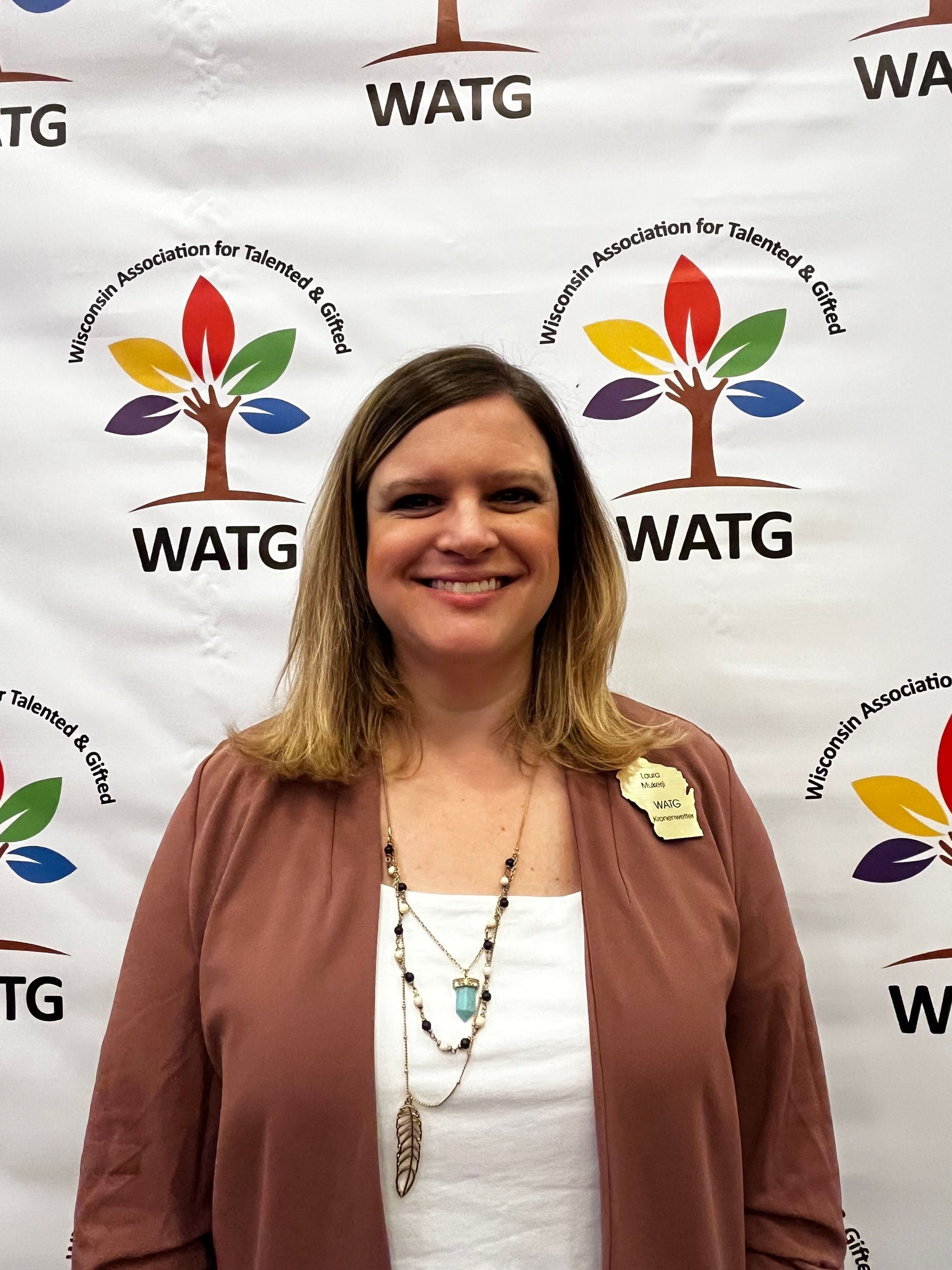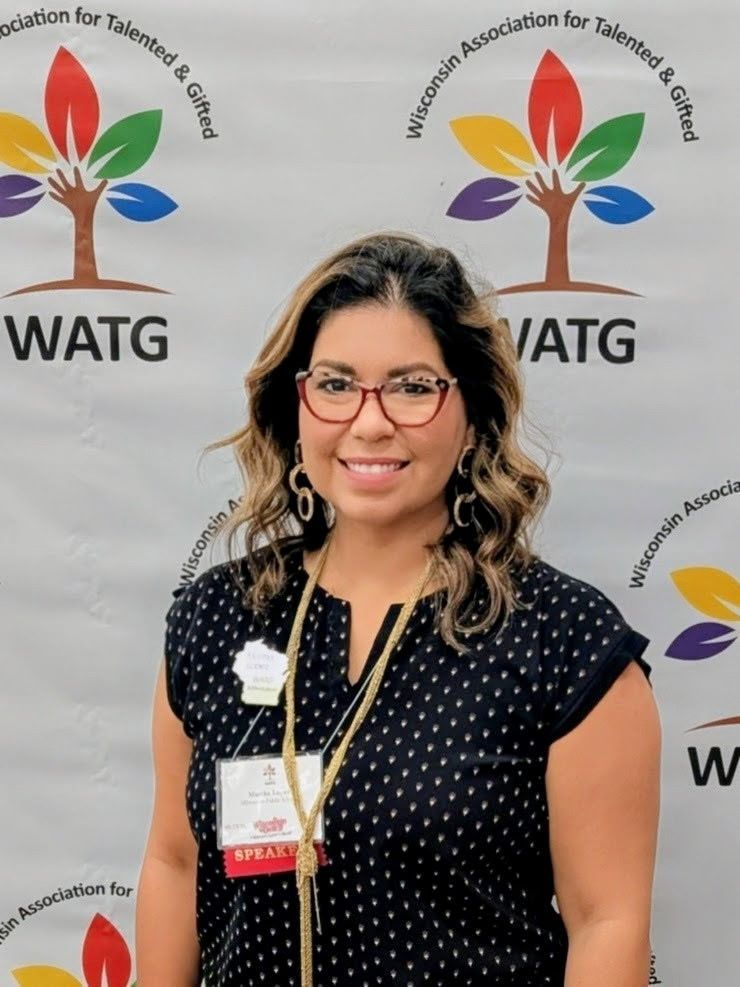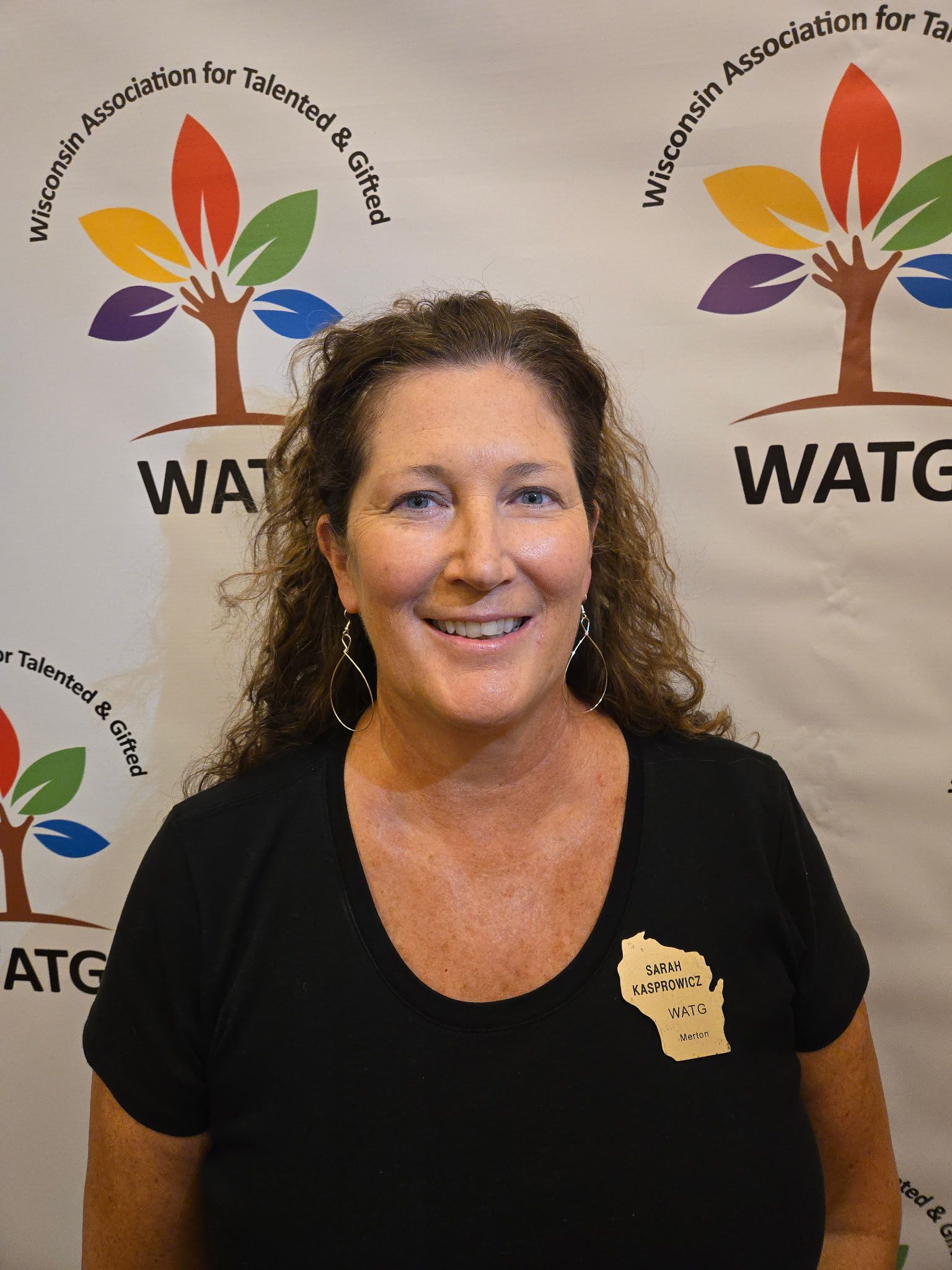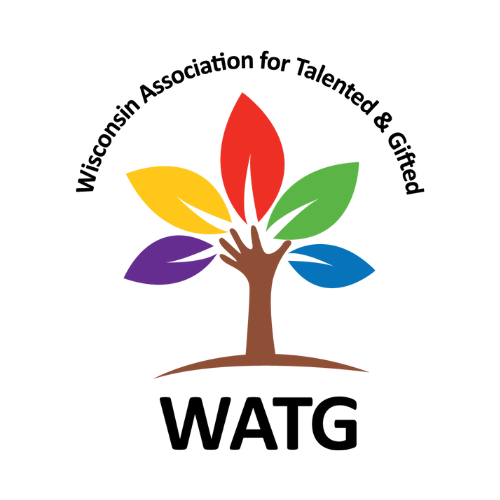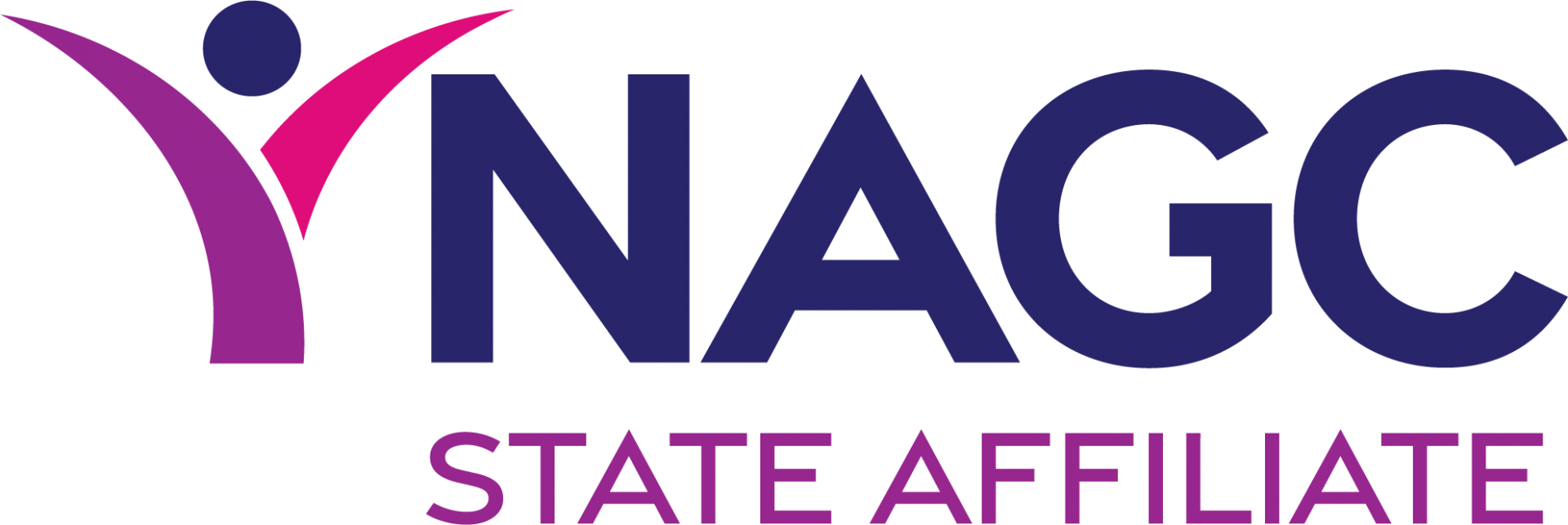How Dismantling the Department of Education Would Harm Students
As an educator and father of two young children who attend public schools, one issue that concerns me is the dismantling of the United States Department of Education. The consequences of this are very critical for millions of students and families. This is also adding to the stress of teachers and administrators like me who rely on federal grants to provide gifted services to thousands of minority students.
The Department of Education was established by President Jimmy Carter and Congress in 1980, and since then it has focused its efforts on helping students to reach their full potential. The mission of the Department of Education is to “promote student achievement and preparation for global competitiveness by fostering educational excellence and ensuring equal access for students of all ages.”
Over the past two months, reckless, destructive, and possibly illegal directives have been issued to destabilize public schools and target some of our most vulnerable students. They include stripping schools of critical funding, launching national school voucher programs, and providing more funding and less oversight for private charter operators. Despite the administration’s use of divisive and inaccurate rhetoric about public schools, the true agenda is clear: take a wrecking ball to public schools, inflicting damage on millions of low-income students across the country.
The damage inflicted upon vulnerable populations is even more severe for students with disabilities, twice exceptional, and gifted students. For example, ninety percent of U.S. students and 95% of students with disabilities learn in our public schools across the country; they benefit from programs run by the Department of Education. Gutting the department would mean fewer resources for our most vulnerable students, larger class sizes, fewer special education services for students with disabilities, and less civil rights protection. The Department of Education is a critical champion in enforcing federal statutes prohibiting discrimination and ensuring every student has access to an education that will help them reach their full potential. Dismantling it means defunding programs that feed, educate, and protect our most vulnerable and underserved students, and leaving many families fearful and anxious and communities reeling.
Educators won’t be silent as anti-public education ideologies try to steal opportunities from our students, our families, and our communities across America. As we face difficult challenges like this, it is time to continue raising our voices, advocating with our state legislators. Together with parents and allies, we will continue to organize, advocate, and mobilize so that all students have well-resourced schools that allow all students to grow into their full brilliance. Together we can! Si se Puede!
A concerned parent and educator
